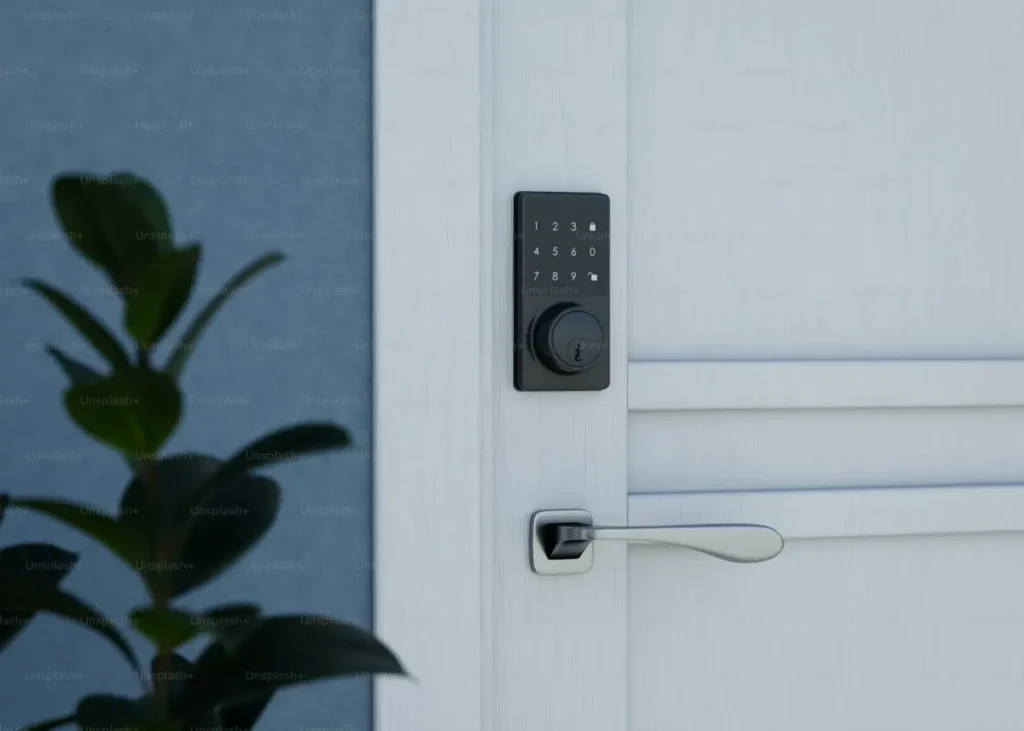Commercial real estate leases are a critical component of business operations in Fort Collins, Colorado. Understanding the legal aspects of these leases can help both landlords and tenants navigate potential pitfalls and ensure their rights and responsibilities are clearly defined. This article will explore the key legal considerations, types of leases, important clauses, and common issues related to commercial real estate leases in Fort Collins.
Types of Commercial Real Estate Leases
There are several types of commercial real estate leases, each with unique features and legal implications. The most common types include:
1. Gross Lease
In a gross lease, the tenant pays a fixed rent, and the landlord is responsible for covering all property expenses, including taxes, insurance, and maintenance. This type of lease provides predictability for tenants but can be less favorable for landlords if property expenses rise significantly.
2. Net Lease
Net leases are divided into three categories: single net, double net, and triple net. In a single net lease, the tenant pays rent plus property taxes. In a double net lease, the tenant covers property taxes and insurance. In a triple net lease, the tenant is responsible for property taxes, insurance, and maintenance. Triple net leases are common in Fort Collins, as they transfer many financial responsibilities from the landlord to the tenant.
3. Modified Gross Lease
A modified gross lease is a hybrid of gross and net leases. The tenant and landlord agree to split certain expenses, such as utilities and maintenance. This type of lease offers flexibility and is often used in multi-tenant buildings.
4. Percentage Lease
In a percentage lease, the tenant pays a base rent plus a percentage of their gross sales. This arrangement is common in retail spaces, where landlords benefit from the tenant’s business success. It aligns the interests of both parties but requires careful negotiation to determine the percentage rate.
Key Legal Clauses in Commercial Leases
Commercial leases are complex documents that must be carefully drafted to protect the interests of both landlords and tenants. Some essential legal clauses to consider include:
1. Use Clause
The use clause specifies how the tenant can use the leased property. It is crucial for landlords to define acceptable uses to prevent activities that could damage the property or violate zoning laws. Tenants should ensure the use clause allows for their intended business operations.
2. Term and Renewal
The lease term and renewal options are critical components of the agreement. The term defines the duration of the lease, while renewal clauses outline the conditions under which the tenant can extend the lease. Both parties should negotiate these terms to align with their long-term plans.
3. Rent and Escalation
The rent clause details the amount of rent, payment schedule, and any escalation provisions. Escalation clauses, such as fixed increases or cost-of-living adjustments, allow landlords to raise rent over time. Tenants should understand these provisions to budget for future rent increases.
4. Maintenance and Repairs
Maintenance and repair responsibilities should be clearly outlined to avoid disputes. Typically, tenants handle minor repairs and maintenance, while landlords take care of structural repairs and major systems. Triple net leases often place more responsibility on tenants.
5. Assignment and Subletting
Assignment and subletting clauses determine whether tenants can transfer their lease to another party or sublease part of the property. These clauses protect landlords’ interests by ensuring new tenants meet their approval. Tenants should seek flexibility to adapt to changing business needs.
6. Default and Termination
Default and termination clauses outline the conditions under which the lease can be terminated. This includes non-payment of rent, violation of lease terms, or bankruptcy. These clauses protect both parties by providing a clear process for resolving disputes and ending the lease if necessary.
Legal Considerations in Fort Collins
1. Zoning Laws
Fort Collins has specific zoning laws that dictate the types of businesses allowed in certain areas. Both landlords and tenants must ensure the property complies with local zoning regulations. Violating zoning laws can result in fines and legal disputes.
2. Building Codes and Permits
Commercial properties in Fort Collins must comply with building codes and obtain necessary permits for renovations or new construction. Tenants should verify that the property meets all safety and accessibility standards. Landlords are typically responsible for ensuring compliance, but tenants must adhere to these regulations during their occupancy.
3. Environmental Regulations
Environmental regulations can impact commercial real estate leases, especially for businesses dealing with hazardous materials. Fort Collins enforces strict environmental standards to protect public health and the environment. Both parties must be aware of these regulations and include relevant clauses in the lease to address potential liabilities.
4. Americans with Disabilities Act (ADA) Compliance
Commercial properties must comply with the ADA, which requires accessibility for individuals with disabilities. This includes providing accessible entrances, restrooms, and parking spaces. Landlords and tenants should work together to ensure the property meets ADA standards and include provisions in the lease to address responsibility for compliance.
5. Dispute Resolution
Disputes between landlords and tenants can arise over various issues, such as rent increases, maintenance responsibilities, or lease violations. Including a dispute resolution clause in the lease can help resolve conflicts without resorting to litigation. Common methods include mediation and arbitration, which can be faster and less costly than court proceedings.
Common Issues in Commercial Real Estate Leases
1. Rent Disputes
Rent disputes often arise from unclear escalation clauses or disagreements over market rent adjustments. Both parties should carefully review and negotiate rent provisions to prevent misunderstandings.
2. Maintenance Responsibilities
Conflicts over maintenance and repair responsibilities can lead to significant disputes. Clear and detailed maintenance clauses can help avoid these issues by defining the scope of responsibilities for both parties.
3. Property Condition
Tenants should conduct a thorough inspection of the property before signing the lease to identify any existing issues. Landlords should provide a detailed condition report to document the property’s state at the start of the lease.
4. Early Termination
Early termination can be contentious, especially if the lease does not include a termination clause. Tenants should negotiate for an early termination option in case their business needs change. Landlords may require a termination fee to compensate for lost rental income.
Navigating the legal aspects of commercial real estate leases in Fort Collins requires careful consideration and negotiation. When dealing with commercial real estate, it’s important to consult a Fort Collins real estate attorney. Understanding the different types of leases, key legal clauses, and local regulations can help landlords and tenants create fair and comprehensive lease agreements. By addressing potential issues and including clear terms, both parties can protect their interests and foster a successful landlord-tenant relationship.






